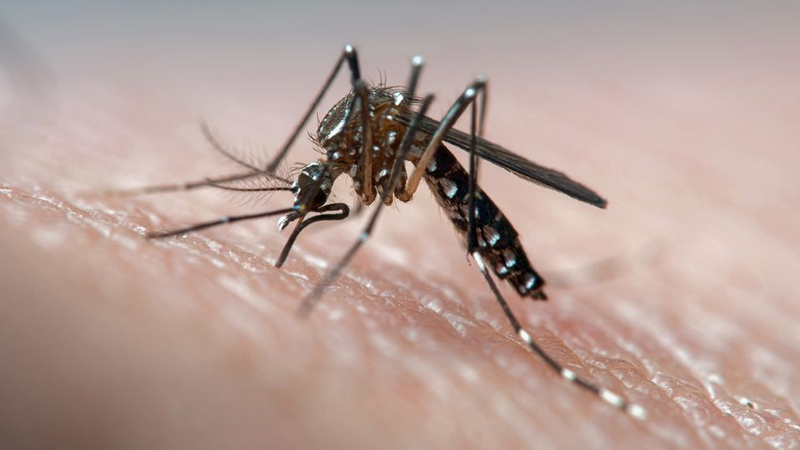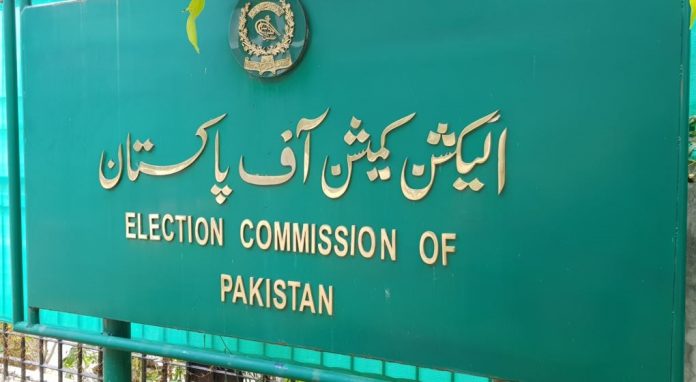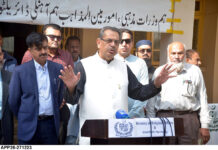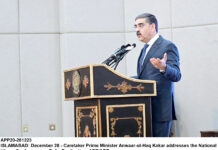
Dr Rana Safdar, a senior official at the National Institute of Health (NIH), told AFP the figure is a huge leap from the previous record of 27,000 infections in 2011.
Safdar said 66 people had been killed by the disease so far in 2019, compared to 370 in 2011.
He blamed climate change for the surge, but would not elaborate. The government was “employing all available resources at its disposal to contain the problem”, he said.
Physician Dr Mahseema Siddique, who treats dengue patients, blamed the government for the rise in cases, saying local authorities in Punjab and Islamabad in particular had failed to take precautions such as covering up water reservoirs or spraying anti-dengue chemicals.
“They woke up only after hundreds of people got infected and that was too late. There are a large number of areas where spray teams could not make it,” he said.
The highest number of patients was recorded in the capital Islamabad and neighbouring garrison city of Rawalpindi, where 12,433 people were found infected with the virus.
Dengue is transmitted mainly by the Aedes Aegypti mosquito, which thrives in densely-populated tropical climates and breeds in stagnant pools of water.
Mosquitoes pick up the virus from infected humans — even asymptomatic ones — and pass it along to other people through bites. Infections have steadily climbed across the globe since the 1970s due to rising temperatures and irregular monsoon rains linked to climate change, which allow for ideal mosquito breeding conditions. But this year outbreaks have rampaged through Southeast Asia in particular, infecting hundreds of thousands, killing hundreds, and crippling health care systems as governments struggle to contain the untreatable virus.
Dengue is mostly found in crowded areas, and breakneck urbanisation across the globe has helped the virus thrive.
Dubbed “breakbone fever”, it inflicts suffers with intense flu-like symptoms: severe headache, pain behind the eyes, full-body aches, high fever, nausea, vomiting, swollen glands or rash. Agencies
48 new cases reported in KP, 178 in Karachi
Meanwhile, The Khyber Pakhtunkhwa health authorities on Wednesday confirmed that as many as 48 new cases of mosquito-borne dengue fever were detected during the last 24 hours across the province.
According to Dengue Response Unit (DRU), the number of dengue positive cases in Khyber Pakhtunkhwa (KP) has jumped to 6,803 with the confirmation of 48 new patients.
The officials said that 2,586 dengue cases were reported in Peshawar city, while 82 patients are being treated in the various hospitals of the city. Similarly, as many as 178 more dengue fever cases were detected throughout Karachi city in 24-hours, taking the reported cases toll to 9,874 since 1st Jan 2019.
Spokesman for Prevention and Control Program for Dengue (PCPD) Sindh, while talking to PPI, informed that at least 193 new dengue fever cases surfaced across the Sindh province in a day, out of which 178 were detected in Karachi and 15 in other districts.













